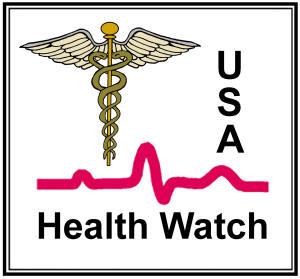
Jane Thomason, MSPH, CIC - Nov. 20, 2024
Infection Disease Hazards and Protections in
Health Care -- Aerosol Transmission, Spread by Air
Jane Thomason, MSPH, CIC from National Nurses United discusses the
dangers and prevention of aerosolized pathogens. The United States is
currently seeing dangerous increases in Tuberculosis, Measles,
Meningococcal, Candida auris, and COVID-19 cases. It is estimated that
there are between 34,000 to 151,000 cases of influenza and between 3,200
to 6,400 cases of Tuberculosis. Frontline healthcare workers are 11.6
times more likely to have COVID-19 than the general population. Aerosol
transmission is an important mechanism of spread in many diseases and
our understanding of the mechanism of spread has changed. Particles of
various sizes spread through the air, with particle sizes below 100
microns having a propensity to aerosolize. Aerosolization can occur with
breathing, speaking, and coughing. Surgical masks are not designed to
prevent transmission of aerosolized pathogens. N95 masks provide the
minimum level of protection which should be used. Despite the science, a
NNU survey of nurses found respirators are only used 65% of the time
when treating TB patients and 36% of the time when treating patients
with measles. Nearly half of nurses report that facilities are using
surgical masks when treating COVID-19 patients. Health Watch USAsm
meeting Nov. 22, 2024. View YouTube Video at
https://youtu.be/ciWkl7d2Lqw
All information contained on this website is the express opinion /span> strong>strong>
of the presentor and not necessarily that of
Health Watch USA Inc. a Kentucky Non-Profit Organization
The Video Above is a Health Watch USAsm Video.
Health Watch USA is a non-profit 501-C3 Organization based in Kentucky